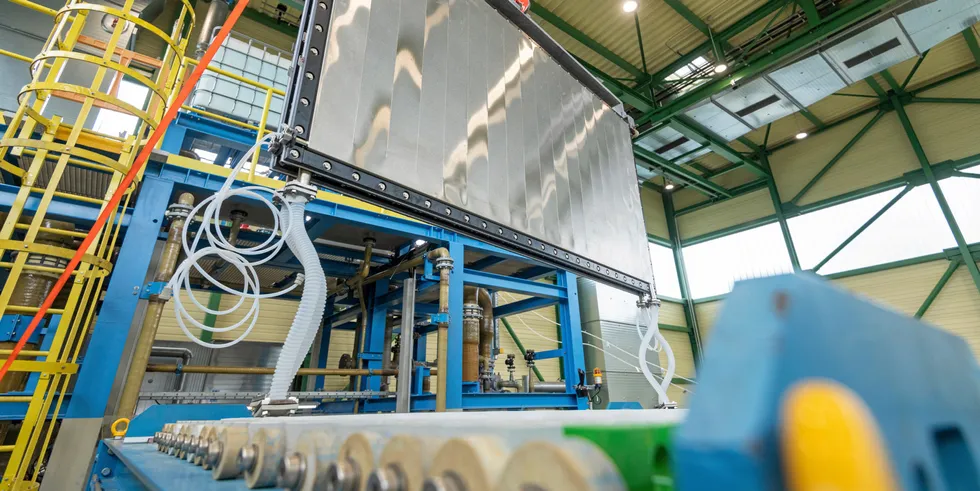Thyssenkrupp to build 200MW green H2 electrolyser for Shell in Rotterdam
Plant in Europe's biggest port slated to use power from 759MW Hollandse Kust North offshore wind array

Plant in Europe's biggest port slated to use power from 759MW Hollandse Kust North offshore wind array
